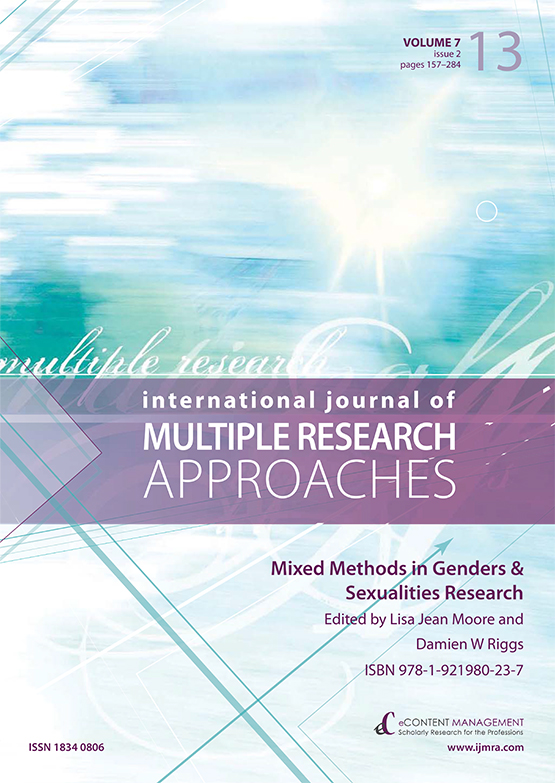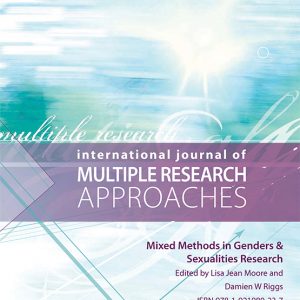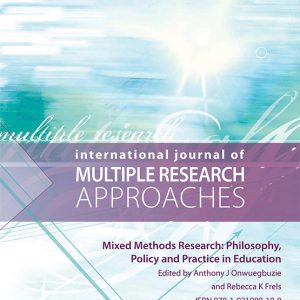7(2).03. Misgendering in English language contexts: Applying non-cisgenderist methods to feminist research
$30.00
Description
Misgendering in English language contexts: Applying non-cisgenderist methods to feminist research
Y GAVRIEL ANSARA AND PETER HEGARTY
University of Surrey, Surrey, England
Abstract
The American Psychological Association (APA) Publication Manual (2010) cautions authors against generic masculine language, which uses ‘he’ and ‘man’ for all people. This misgendering designates people as members of a gender category with which they do not identify. Misgendering may occur to anyone, but is a particularly common experience of people typically labelled as ‘trans’. Misgendering is a form of cisgenderism, the discriminatory ideology that delegitimises people’s own designations of their bodies and genders. We analysed four empirical papers with the highest current impact factors in English sexist language research: Moulton, Robinson, and Elias (1978); Hyde (1984); Gastil (1990); and Gannon, Luchetta, Rhodes, Pardie, and Segrist (1992). We applied a cisgenderism framework to identify limitations of defining sexist language chiefly as masculine generics. We then discuss actual experiences of misgendering that current sexist language research overlooks. We explore how the adoption of non-cisgenderist research methods can reduce misgendering and benefit Feminist research.
Keywords: cisgenderism, feminist history, methodology, misgendering, sexist language, transgender


